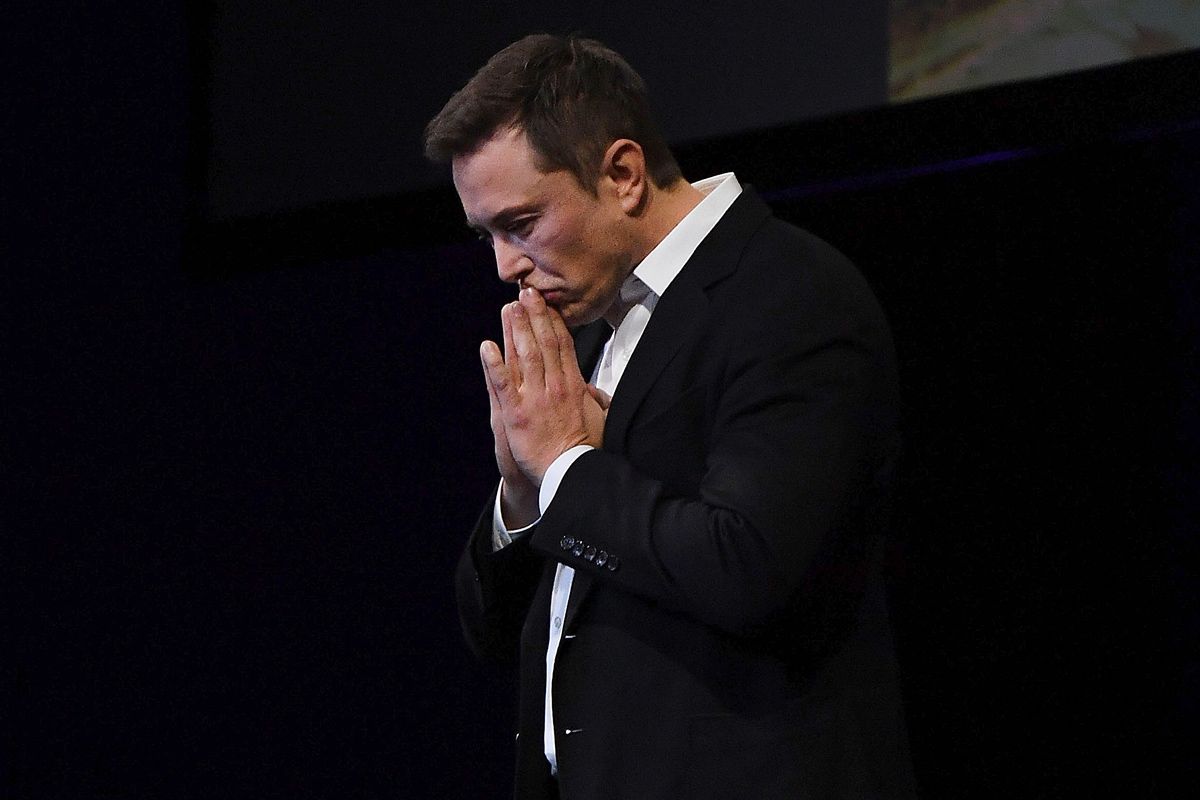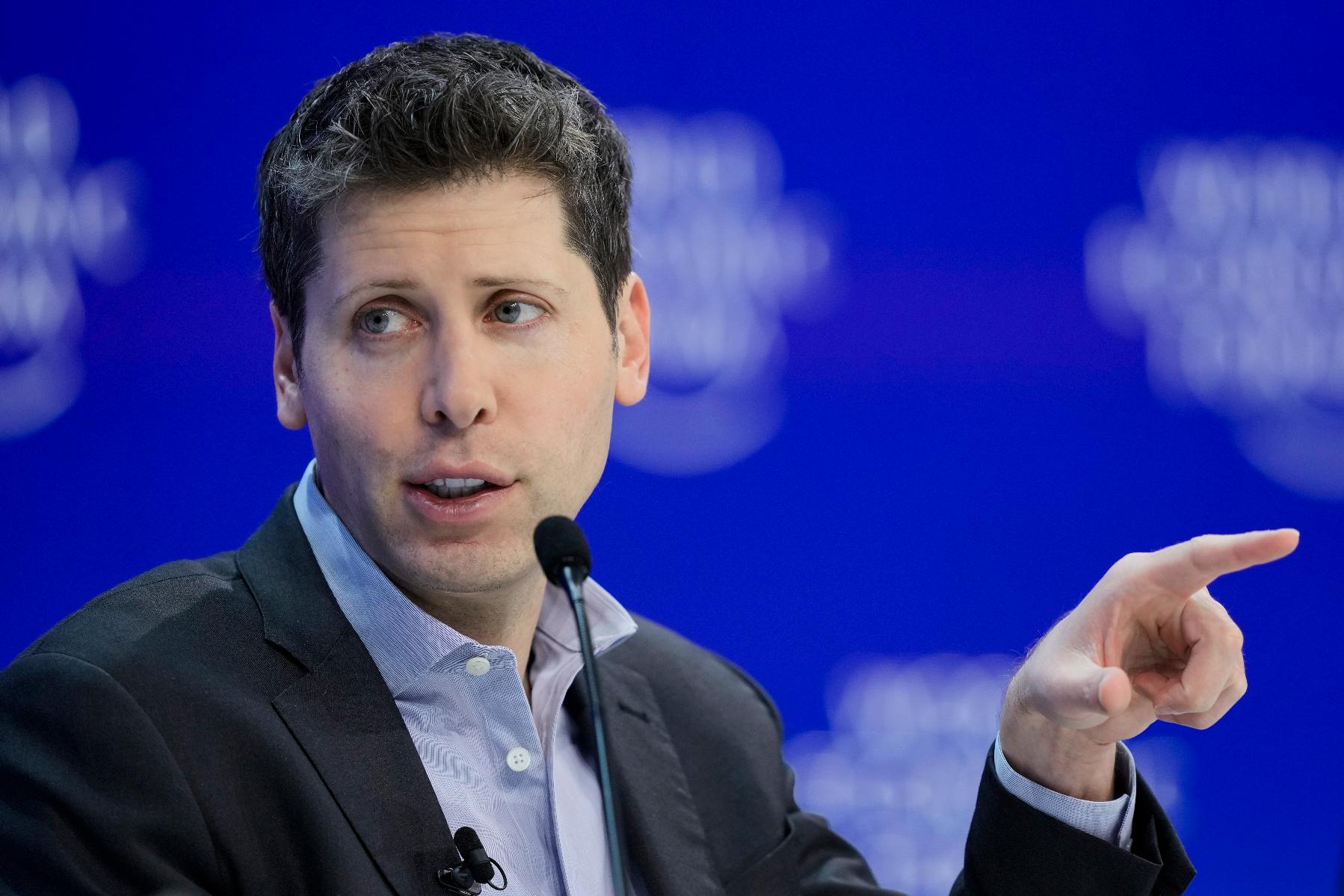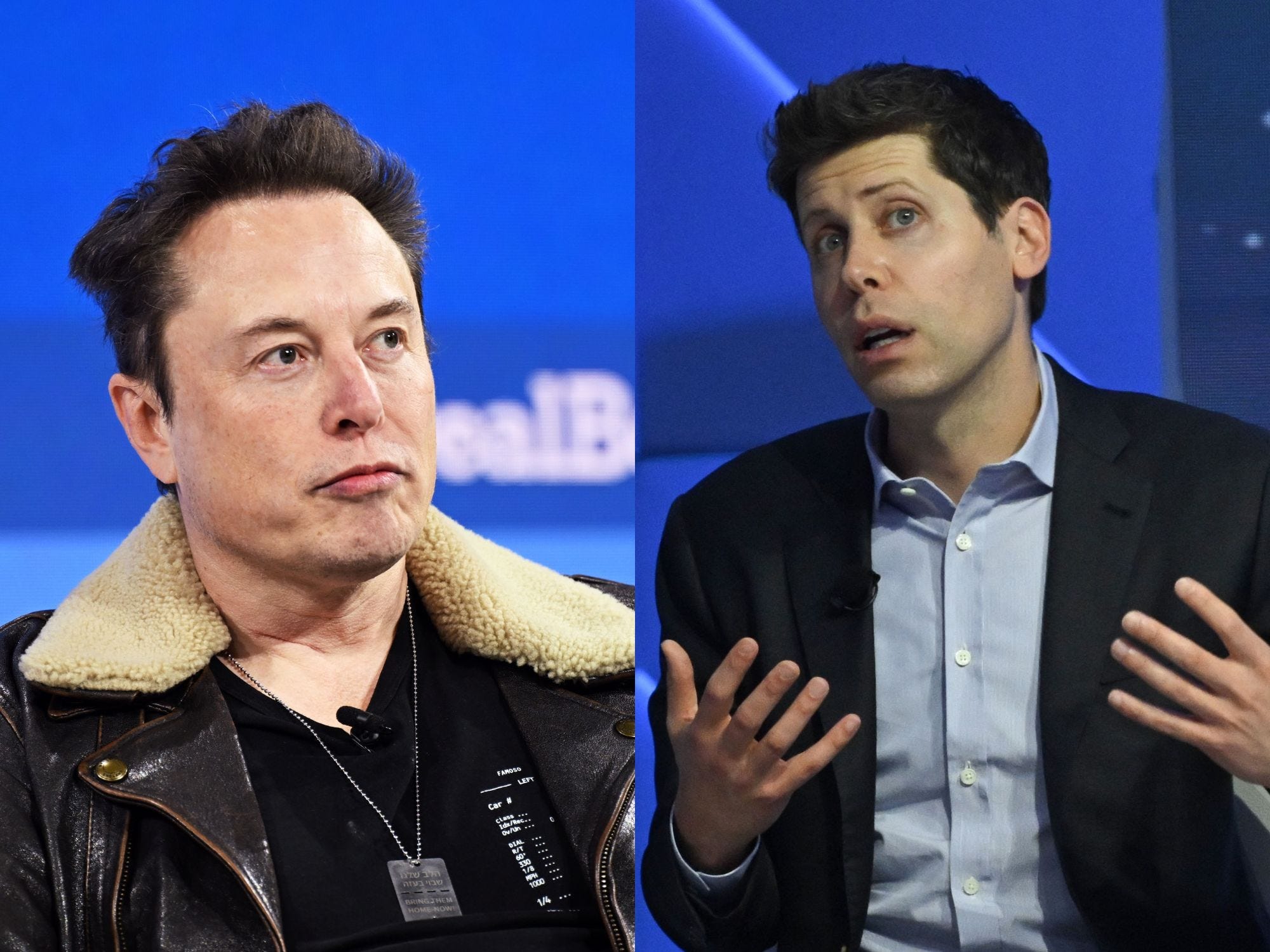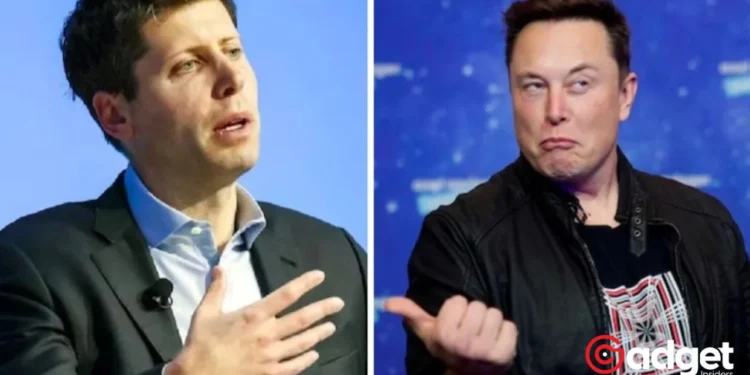In the fast-evolving landscape of artificial intelligence, a dramatic tale of ambition, legal battles, and ideological divergences has unfolded, casting a spotlight on some of the tech industry’s most influential figures. At the heart of this saga is Elon Musk, the enigmatic billionaire known for spearheading ventures like SpaceX and Tesla, whose recent lawsuit against OpenAI has ignited a discourse on the future direction of AI development and its ethical implications.
The Genesis of a Dispute
The narrative took a contentious turn last week when Elon Musk lodged a lawsuit against OpenAI, alleging that the AI pioneer had deviated from its foundational principles by transitioning from a non-profit to a for-profit entity.
OpenAI’s retort to Musk’s legal challenge was swift and pointed, asserting that Musk once harbored ambitions of either wielding “absolute control” over the company or amalgamating it with his electric vehicle giant, Tesla.

A blog post penned by OpenAI’s co-founders—including luminaries such as Greg Brockman, Ilya Sutskever, John Schulman, Sam Altman, and Wojciech Zaremba—served as the primary battleground for this clash of visions.
The Funding Impasse and Beyond
As negotiations stalled over Musk’s demands, the specter of financial instability loomed. The AI powerhouse credits Reid Hoffman, another titan of the tech industry, with providing the crucial funding needed to bridge this gap, thus allowing the company to maintain its operational momentum.

OpenAI’s Stance and Musk’s Response
The core of OpenAI’s rebuttal to Musk’s legal allegations is a principled stance on the democratization of AI benefits versus the concentration of control.
The company argues that its mission was always broader than open-sourcing AI technology; it was about ensuring that the fruits of AI advancements are universally beneficial while navigating the ethical complexities of artificial general intelligence (AGI) development.
By @wtfAnurag – OpenAI has responded to Elon Musk's lawsuit, stating that Musk himself backed for-profit plans and at one point wanted “absolute control” of the company or a merger with Tesla. #OpenAI #Elonmusk https://t.co/HtyPD8EnL7
— NeowinFeed (@NeowinFeed) March 6, 2024
This stance is buttressed by a revealing email exchange from January 2016, where OpenAI co-founder Ilya Sutskever articulates a vision for a gradual move towards proprietary development in the run-up to achieving AGI, a sentiment Musk seemingly endorsed at the time.
Looking Ahead: The Future of AI Governance
As OpenAI seeks to dismiss Musk’s claims, the dispute raises profound questions about the governance of AI research and development, the role of philanthropy and private capital in advancing technological frontiers, and the ethical imperatives that should guide the creation of potentially civilization-altering technologies.

This ongoing saga not only illustrates the complex interplay between individual ambition and collective mission in the tech sector but also serves as a bellwether for the challenges that lie ahead as humanity grapples with the implications of its ingenuity.
As the debate unfolds, the eyes of the world remain fixed on these titans of industry, whose decisions will likely shape the trajectory of AI development for years to come.










